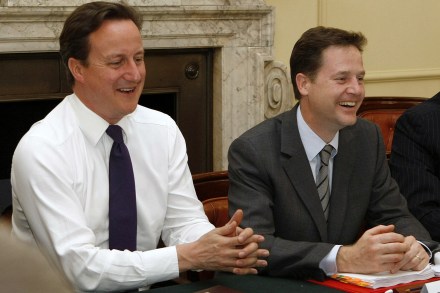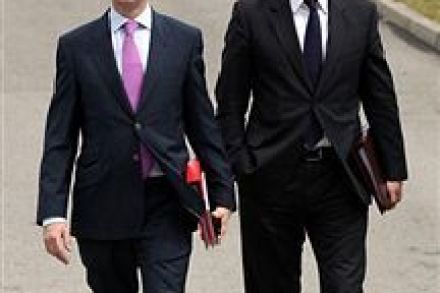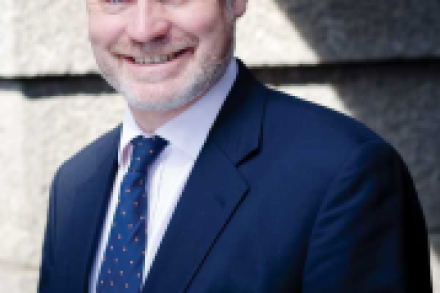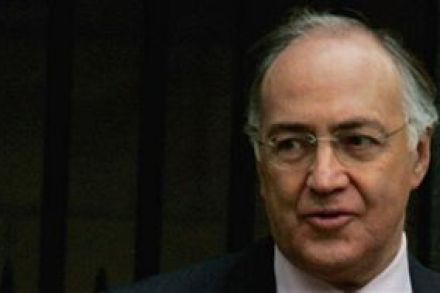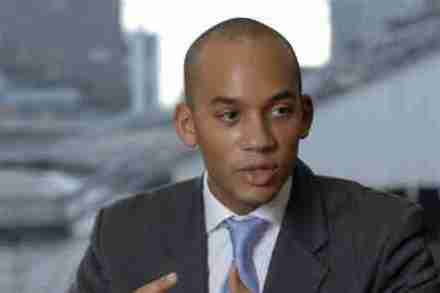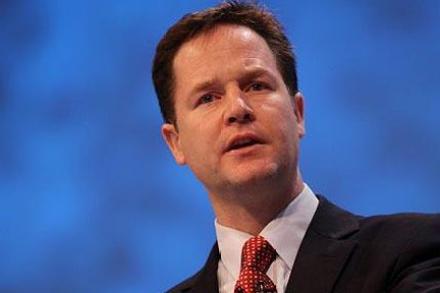The coalition’s summer challenge
How striking that, as another Parliamentary term draws to a close, all the talk is of some sort of union between the Tories and the Lib Dems. There was Mark Field’s blog post about an electoral pact, yesterday, of course. But now Rachel Sylvester follows it up with an article in the Times outlining a possible “metrosexual merger” between the two parties. And Paul Goodman has a piece in the Telegraph suggesting that such a merger may well be in the offing. In many repsects, all this chatter is testament to the early success of the coalition. What we have seen over the past few months has, on the whole,
